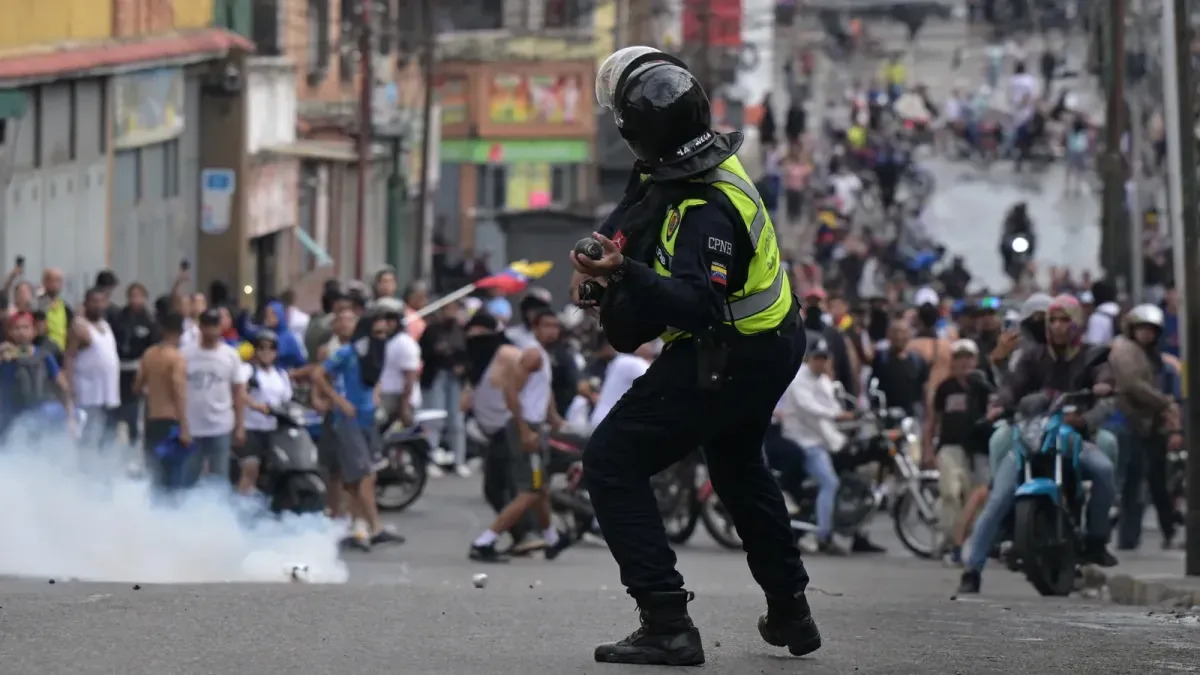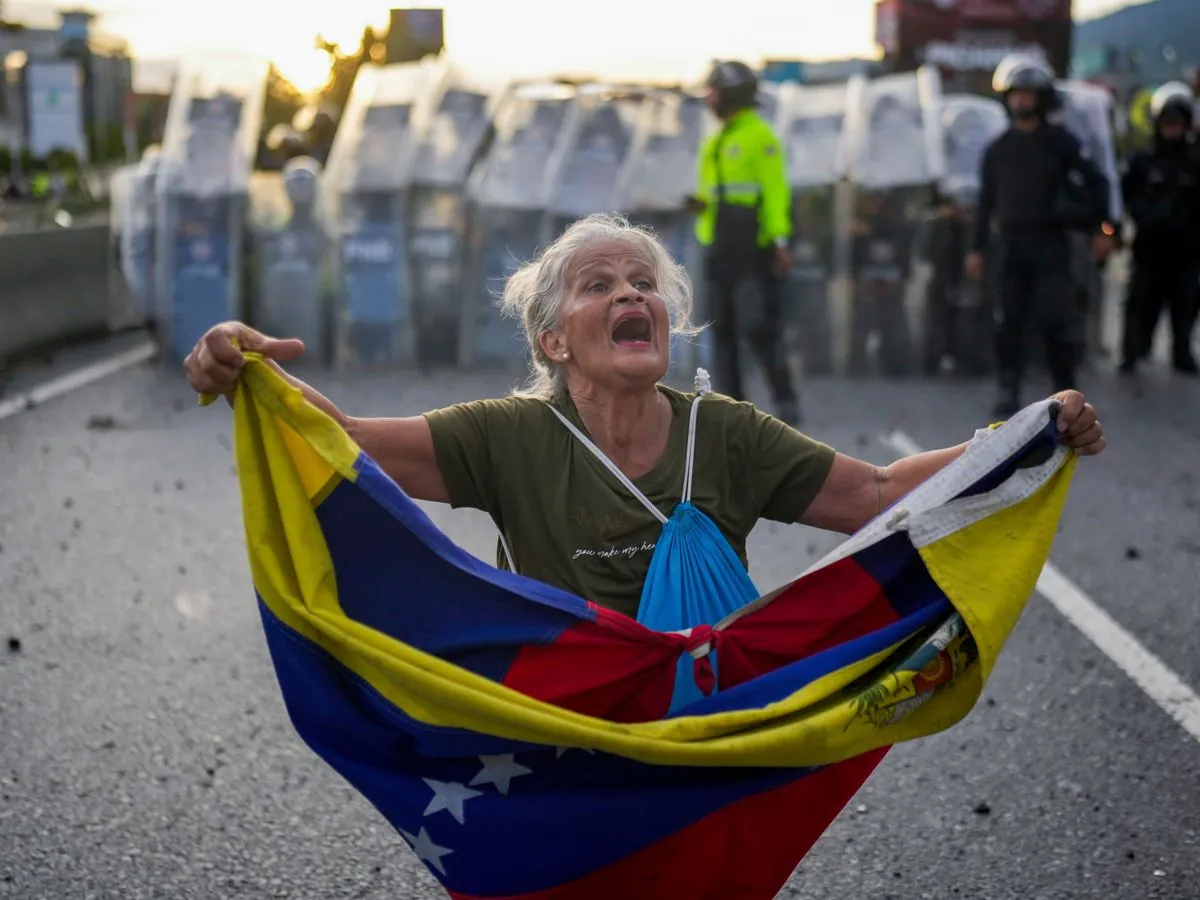Venezuela's Disputed Election Sparks Unrest and International Concern
Venezuela's presidential election results are contested, leading to protests and international calls for transparency. Maduro claims victory amid opposition allegations of fraud and escalating violence.

Venezuela's recent presidential election has plunged the nation into turmoil, with opposition candidate Edmundo González challenging the victory claimed by incumbent Nicolás Maduro. The disputed results have ignited protests across the country and drawn international scrutiny.
According to the National Electoral Council, Maduro secured 51% of the vote compared to González's 44%. However, opposition-affiliated data analysts AltaVista estimate González received 66% of the votes, aligning with pre-election polls. This discrepancy has fueled allegations of electoral fraud.

The contested outcome has sparked violent protests nationwide. Watchdog group Foro Penal reports over 11 deaths and hundreds of arrests in clashes between demonstrators and security forces. These events underscore the volatile political climate in a country already grappling with severe economic challenges.
Venezuela's economic woes are staggering:
1. The economy has shrunk by about 75% since 2014
2. Hyperinflation reached over 1,000,000% in 2018
3. The poverty rate exceeded 90% in 2021
4. Over 7 million people have left the country since 2015
International reactions to the election have been mixed. While Russia, China, and Iran swiftly recognized Maduro's victory, many Latin American nations and Western powers have called for a transparent vote count. Argentina, Uruguay, and Costa Rica's diplomatic missions were expelled after questioning the results.
Maduro's position appears increasingly precarious. Once-loyal working-class neighborhoods have joined the protests, indicating a significant erosion of his support base. The United Socialist Party of Venezuela, founded by Hugo Chávez in 2007, faces unprecedented challenges to its rule.
"I think right now there are a lot of people in Maduro's inner circle that are asking themselves if they want to sign up for six more years of repression, economic chaos, and isolation."
Despite mounting pressure, Maduro remains defiant, relying on military support and ties with countries like Russia and Cuba. However, his diplomatic isolation in the Western Hemisphere is growing, potentially impacting Venezuela's crucial oil sector, which boasts the world's largest proven reserves.
In other regional news, Mexico is investigating the U.S. apprehension of two drug bosses, while Chile has signed a significant trade deal with the United Arab Emirates. At the Olympics, Brazilian surfer Gabriel Medina has captured global attention with his record-breaking performance.
Lastly, G20 finance ministers recently met in Rio de Janeiro, discussing a potential global tax on billionaires. This initiative, championed by Brazil, aims to address wealth inequality and could raise up to $250 billion annually if implemented.
As Venezuela grapples with its political crisis, the broader Latin American region continues to navigate complex economic, diplomatic, and social challenges in an ever-changing global landscape.


































